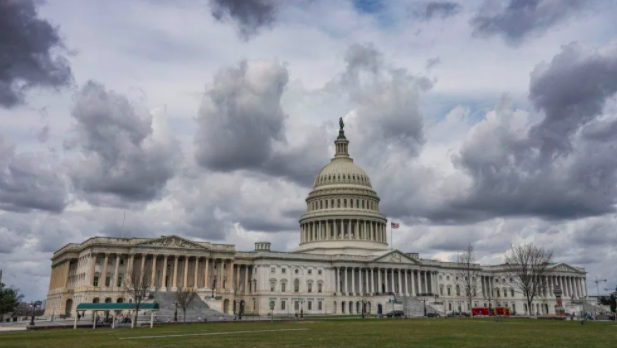
It was weeks before the COVID-19 pandemic gripped the country and kept Americans huddled inside. So members of Oregon’s legislature were still showing up for work to haggle over language, introduce bills, and cast votes. But on this particular morning, 11 of the 12 Republican senators in the 30-person body were nowhere to be found. Sergeants-at-arms searched Capitol offices, then gave up; eventually, the Senate was forced to adjourn, lacking the two-thirds majority needed to conduct basic business.
The Republicans had bolted from Salem to avoid voting on a policy aimed at slashing planet-warming pollution. The bill on the table, H.B. 2020, would have put a price tag on carbon emissions—long considered one of the simplest and most efficient ways to cut greenhouse gases. It seemed like a no-brainer for a state that, like many of its West Coast neighbors, has faced record-breaking heat waves, disappearing glaciers, and choking wildfires in recent years.











